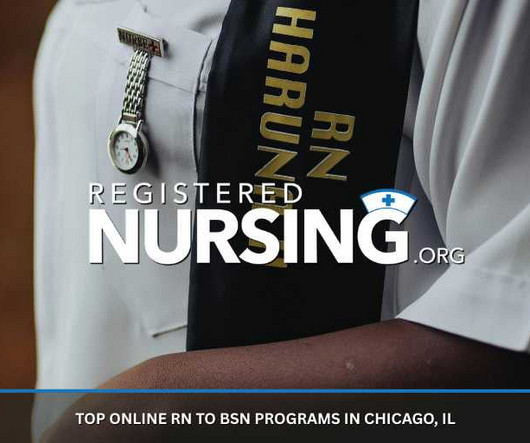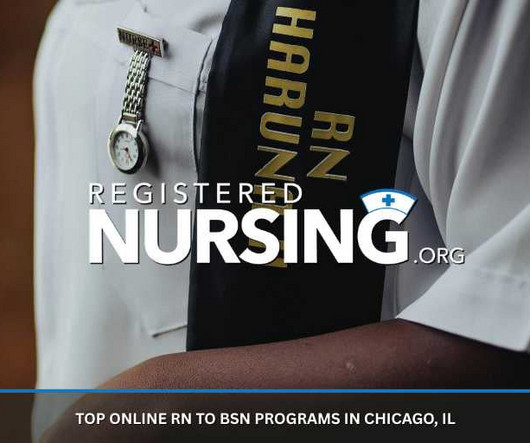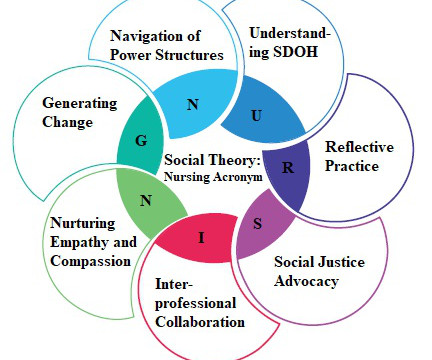8 Reasons Why You Should Become a Nurse Practitioner
Minority Nurse
NOVEMBER 11, 2024
Not only do they provide comprehensive, holistic care, but they also develop relationships with their patients’ family members, leading to overall better health outcomes. The education completed by NPs prepares them to practice independently from a physician or other supervising provider.



















Let's personalize your content